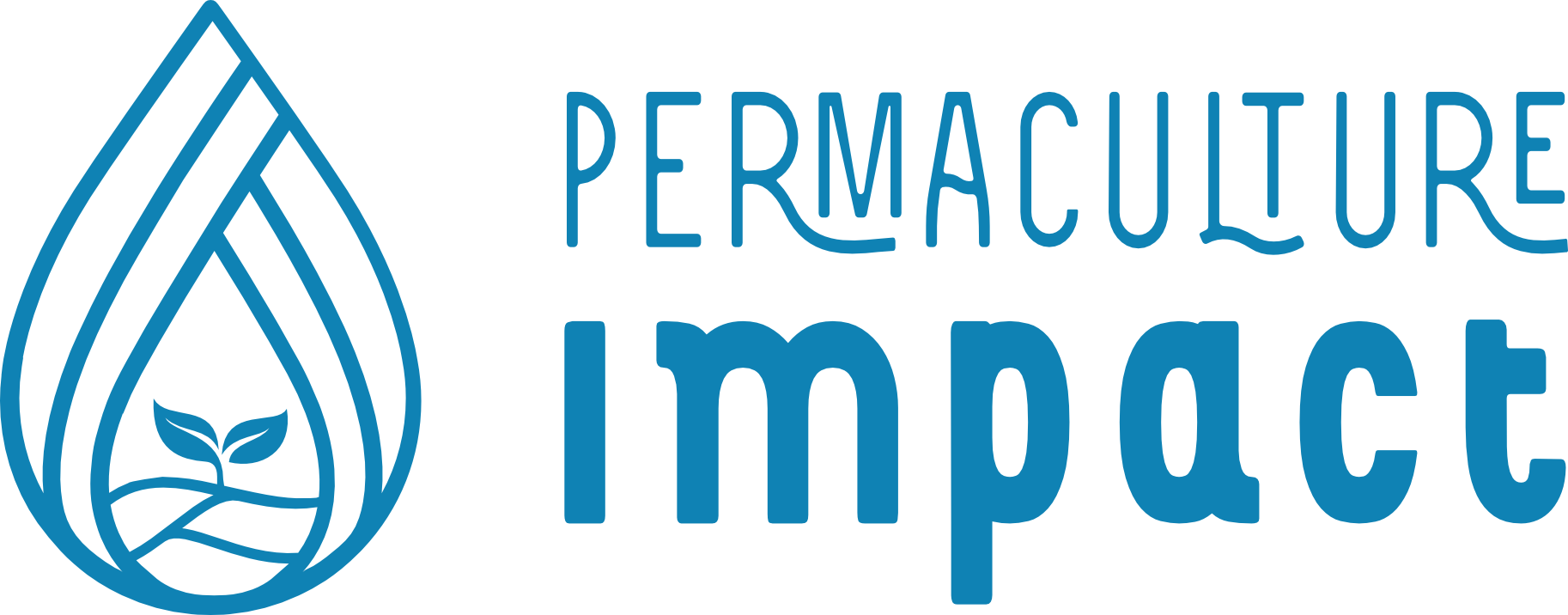Challenges
Challenges for permaculture based projects
Projects applying permaculture design and ideas often run on small budgets meaning that capacity (timeframes, skills, labour capacity and cash) to do evaluation work can be hard to find.
Projects using permaculture ideas are often intentionally integrated, holistic, multi-faceted, working to create solutions across a range of sectors to produce a range of impacts and outcomes. This means that there could be a lot of different outputs, outcomes and impacts for us to monitor and measure. But where should you start and how do you choose where to focus your time, effort and resources?
At Permaculture Impact, we have our own set of principles to guide us in our approach to evaluation:
- Start with Observation
Begin by surveying your project and its context. Understand the existing conditions, challenges, and opportunities before diving in. - Explore Possibilities
Consider your options carefully. What tools, methods, or approaches are available for monitoring and evaluation? Choose what aligns with your project goals and capacities. - Plan Thoughtfully
Develop a plan that’s achievable. Prioritize simplicity and practicality over perfection, ensuring you can take meaningful steps forward. - Begin Small, Learn Big
Start with manageable actions. Small-scale experiments can yield valuable insights and help build momentum without overwhelming your resources. - Act Within Your Means
Do what you can with the resources you have. Remember, progress is better than perfection, and every step forward contributes to your understanding. - Gather Insights, Measure Impact
Collect meaningful data and track your outcomes. Even small amounts of data can help reveal patterns and demonstrate the value of your work. - Celebrate and Share
Communicate your successes. Sharing your impact inspires others, builds credibility, and strengthens the wider permaculture movement. - Reflect and Improve
Treat evaluation as a cycle. Use what you learn to refine your methods, improve your processes, and increase the rigor of your approach over time.

